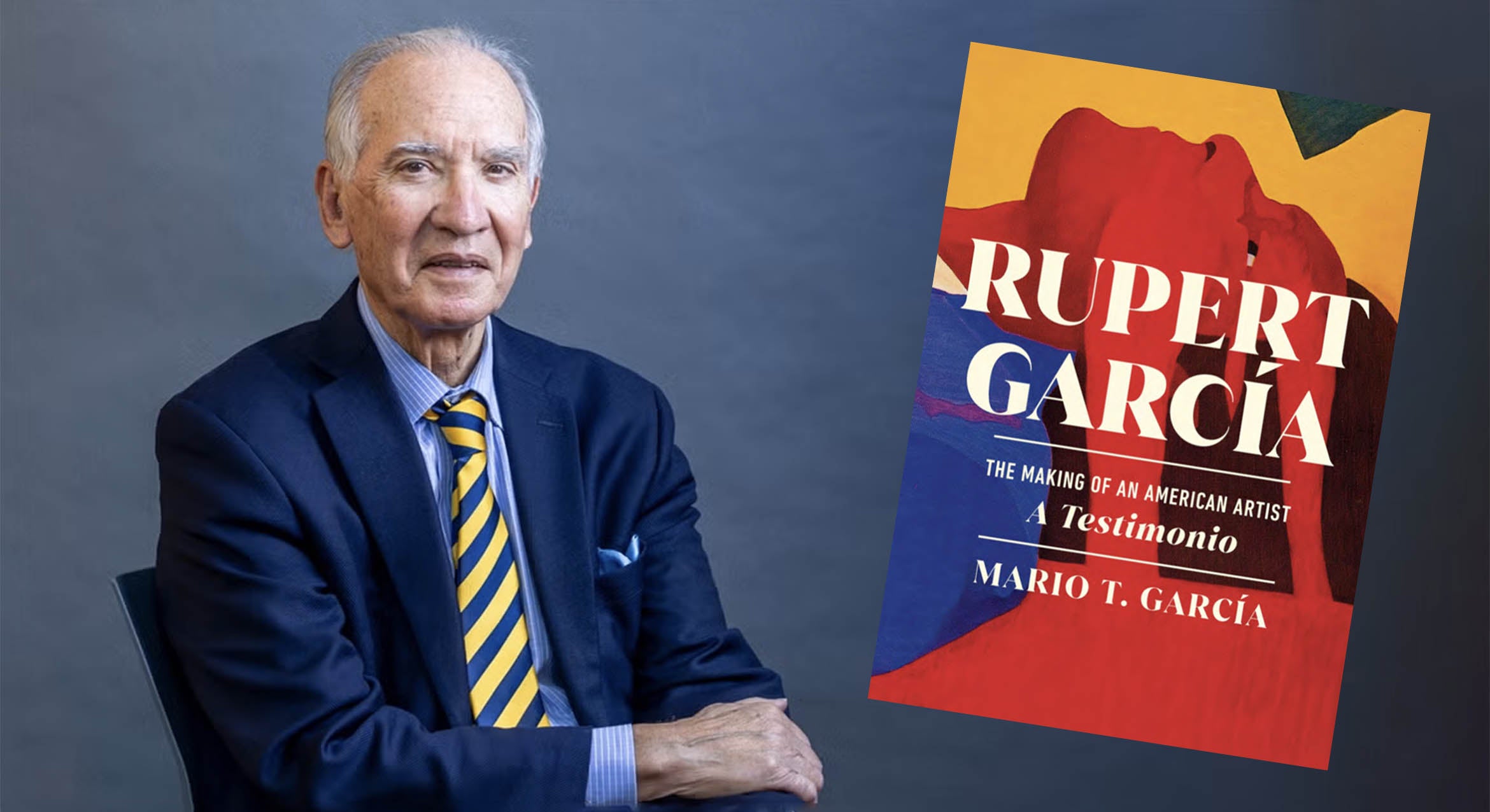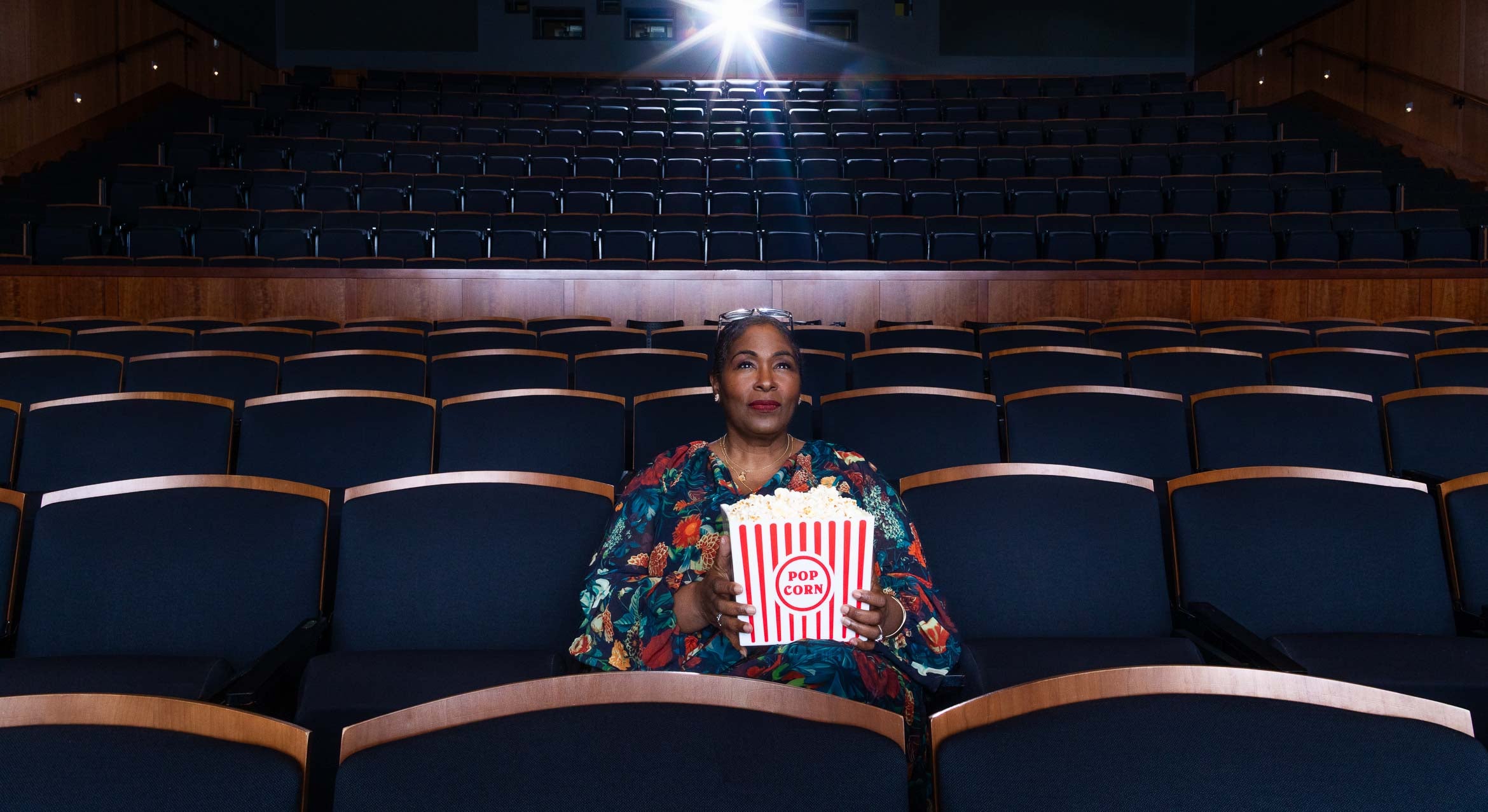Five scholars from the United States and Germany will meet to discuss the work of the early 20th-century philosopher, essayist, and translator Walter Benjamin at a one-day conference at UC Santa Barbara on Dec. 1. The event, "Eye or Ear: Walter Benjamin on Optical and Acoustical Media," is free and the public is invited to attend any or all five lectures.
Organized by the Department of Germanic, Slavic, and Semitic Studies and co-sponsored by the Program of Comparative Literature and the Consortium for Literature, Theory and Culture, the conference will investigate the relationship between three aspects of Benjamin's work: his language theory, media theory, and contributions to radio programming of the time. It begins at 10:30 a.m. in the McCune Conference Room, Humanities & Social Sciences Building 6020. A reception at 5:15 p.m. follows the final lecture.
Speakers include Wolfgang Hagen, professor of German at Humboldt University in Berlin; Rob Ryder, doctoral candidate in German at Northwestern University; Wolf Kittler, professor of German and comparative literature at UCSB; Michael Levine, professor of German at Rutgers University; and Bettine Menke, professor of German and comparative literature at the Erfurt University in Germany and currently a visiting professor at UCSB.
Menke's residency at UCSB is supported by a grant from the Max Kade Foundation, which promotes the study of both German and German-American history and works to increase understanding between the people of Germany and the United States. The foundation funds diverse educational initiatives in both Germany and the United States.
"For the first time we have a Kade visiting professor at UCSB and one of her areas of specialty is Walter Benjamin and acoustics," Elisabeth Weber, professor and chair of German, Slavic, and Semitic Studies at UCSB, said of Menke. "Since this is an unexplored field in Benjamin's scholarship, we decided to have a conference on it."
Benjamin is considered one of the most influential voices of 20th-century European thought, Weber added, noting his work has contributed to literary studies, film and media theory, and translation studies around the world.
The first lecture begins at 10:45 a.m. and features Hagen speaking from Germany via the Internet on the topic of Benjamin's silent work for the German radio. Ryder will follow at 11:30 a.m. with "Shell-Shock: Sounding the Acoustic Unconscious," and Kittler will begin the afternoon session with "Benjamin's Aura: Breathing, Seeing, Listening" at 2 p.m.
Levine will speak on "Eavesdropping on Tradition: Benjamin's Reading of Kafka" at 2:45 p.m., and Menke will present the final lecture, "Echo(es): The Evanescent Presence of Sound in Benjamin's Texts," at 3:30.
Related Links



